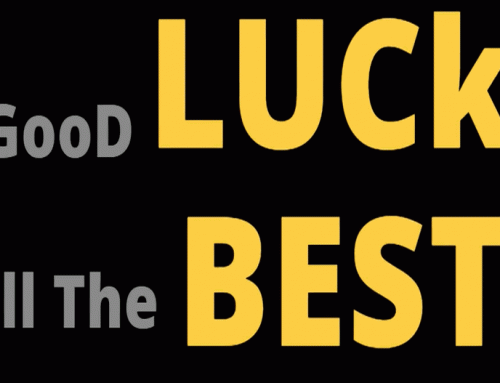Now that the O-Level results is out. How should you choose the right course in Poly (Polytechnic) or JC (Junior College)?
In deciding what course to choose after the release of your O Level results, you should ask themselves some basic questions:
Will I be able to get a job upon graduation?
Consider courses that will lead to good job prospects in growing or stable industries three to eight years (after National service + university) down the road. Ask people who you know that are in these industries or google “job prospects for XXXXX job in XXX years”. There are jobs that seem glamorous and pay well but may be non-existent in future. On the other hand, there are jobs that may not be high-profile, but have a good payoff. Having a future as an teacher, accountant, or nurse may not be glamorous, but these skilled workers are always in demand and command good pay. It may not be as ideal as pursuing your dream of being a singer or actress, but you are more likely to have a comfortable lifestyle and you can always sing or act part-time.
What do I enjoy studying?
“When you love your job, you will never work a day in your life,” goes the saying. Find a job that includes your favorite activities. Maybe it will still be work, but when you love what you do, it is something you are more likely to thrive in. “Dream jobs” are still hard work, even if you are a rock star or a professional video game player. However, doing what you enjoy is certainly a better route than something you hate.If you love drawing, think about taking a course in visual arts.If you love video games, you may want a course on programming.Love an area of science? If you are interested in a specific area, such as genetics, geology, biology, or psychology that may be an area to look into.
What am I good at?
Am I best suited for a theoretical/research intensive program, or is a combination of practical training and theory more
suitable? This should be one of the first questions you should ask yourself if you are torn between Junior College and Polytechnic. Look at your strengths. Everyone has different strengths and weaknesses, and knowing what they are make a difference in figuring where to focus your energies. For example, a person who finds mathematics easy may be interested in accounting, sciences, or engineering. If you are excellent with people, you may be a good at marketing or hospitality.
Research has shown that students who choose to study in a subject area that they enjoy and excel at, do very well. Those who enroll in a program for which they are not well-suited, do not do well. In other words, a student who does very well in creative writing and loves English, for example, probably should not pursue a course in the Life Sciences. Similarly, if a student is good in the fine and visual arts, he or she should not study Physics or Computer Science.






